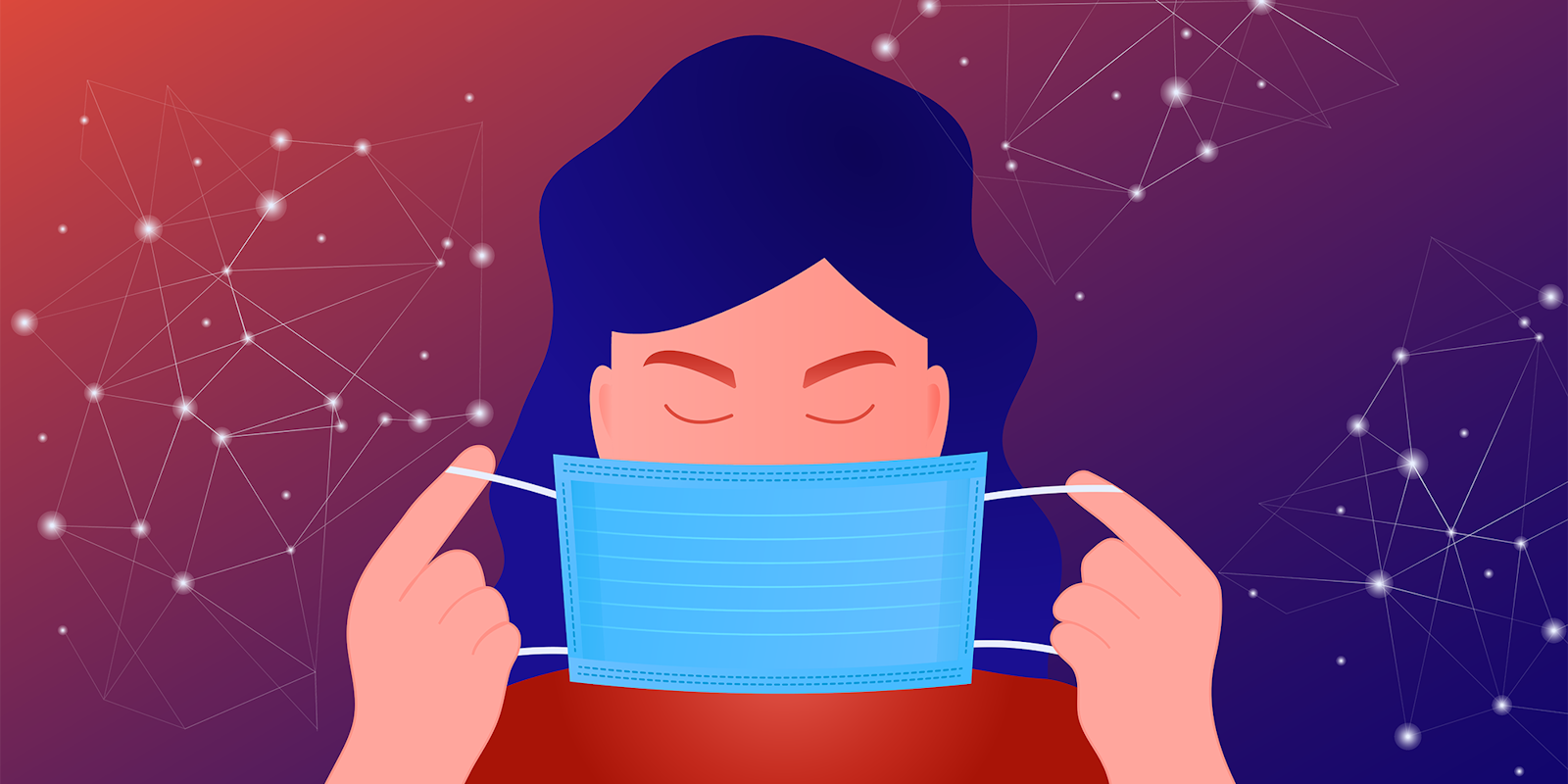The coronavirus pandemic has led to many more people wearing face masks in public, and that could wreak havoc on facial recognition systems, a new government study found.
The U.S. National Institute of Standards and Technology (NIST) found that face masks caused error rates from 5% to 50% among the 89 best commercial facial recognition algorithms.
NIST is part of the Commerce Department. The study was done in collaboration with a number of federal agencies including the Department of Homeland Security, Customs and Border Protection, and Office of Biometric Identity Management, a division of Homeland Security.
Facial recognition technology—particularly its use by police and the government— has face renewed scrutiny in the wake of protests against police brutality and racism after the police killing of George Floyd.
The technology has been shown to have a racial bias, and a group of lawmakers have put forward a bill that would force an extended moratorium on government and law enforcement use of the technology.
The study comes after the Department of Homeland Security raised concerns about the “potential impacts that widespread use of protective masks could have on security operations that incorporate face recognition systems,” in May, according to the Intercept.
“With the arrival of the pandemic, we need to understand how face recognition technology deals with masked faces,” Mei Ngan, a NIST computer scientist and an author of the report, said in a statement. “We have begun by focusing on how an algorithm developed before the pandemic might be affected by subjects wearing face masks.”
The study looked at how the facial recognition algorithms performed with “one-to-one” matching, or when a photo is compared to a different photo of the same person.
However, the research team drew on nine different variations of digitally applied masks on original photos and tested the accuracy. The variations were of different shapes, colors, and how much of a person’s nose was covered.
The study found that “algorithm accuracy with masked faces declined substantially across the board” during the study, including the “most accurate algorithms,” where error rates spiked from 0.3% to 5%.
NIST also found that if more of a person’s nose was covered, the algorithm’s accuracy dropped, and that error rates were generally lower with round masks. False negatives, where the algorithm fails to match photos of the same people increased. However, false positives, where it incorrectly matches two different people, stayed mostly the same, according to the study.
Ngan noted that the algorithms tested were not designed with masks in mind and that the study was using digitally drawn masks, not real ones.
READ MORE:


